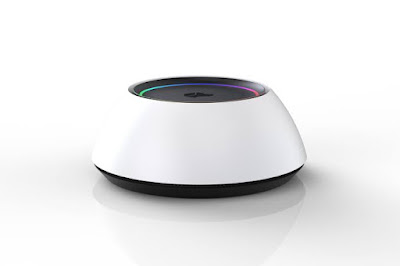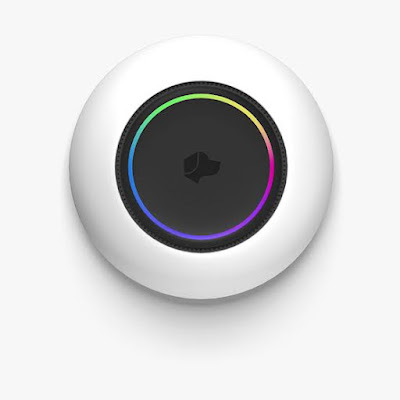Today, you can ask Siri to tell you the temperature in your bedroom or Alexa to turn on the lights, and sometimes they'll get it right. You might also hear something like, "You have 15 lights; which one would you like to control?" or "Kathmandu's current temperature is 53 degrees." What if your voice assistant could provide "intelligent" responses to vague questions like "I've had a tough day; what's a good way to unwind?" in addition to being consistently accurate? For instance, by drawing the shades, turning down the lights, lowering the thermostat, and setting some Netflix treats on hold?
Alex Capecelatro, co-founder of the Josh.ai home automation system, claims that is the potential of voice assistants powered by new AI language models. Josh.ai has already begun developing a prototype integration using ChatGPT from OpenAI. In this proof-of-concept clip, Capecelatro requests that Josh's assistant open the blinds, turn off the music, and provide the current weather (controlling three things at once is a capability Josh already has). When he says, "I'm filming a video; it's kind of dark in here," the voice assistant responds — somewhat awkwardly — by turning up the lights in the room. He then uses more natural voice commands for the smart home.
Josh can parse when it hears "satellites" instead of "turn on the lights" and respond appropriately thanks to extensive knowledge graph models. It might sound like "Open the drapes" means "Get some grapes," but Josh is savvy enough to realize you don't live near a vineyard. Capecelatro explains that even when you say, "Turn on the goddam lights," we understand what you mean because we spend a lot of time working behind the scenes to correct mishearing, understand different accents, and do other things of the sort.
Only custom smart home installations powered by Crestron, Control4, or Josh's own standalone smart home control system can currently use Josh as a voice control layer. Josh has established a reputation for being a more dependable, more private voice assistant in that more secure setting, where the system is set up and largely controlled by a professional installer and using Josh.ai's proprietary hardware, despite having a higher barrier to entry. (While Josh has a cloud component, the majority of requests are processed locally on the Josh Core or the Josh Micro, and when using cloud-based APIs, personally identifiable information is stripped out, according to Capecelatro.)










